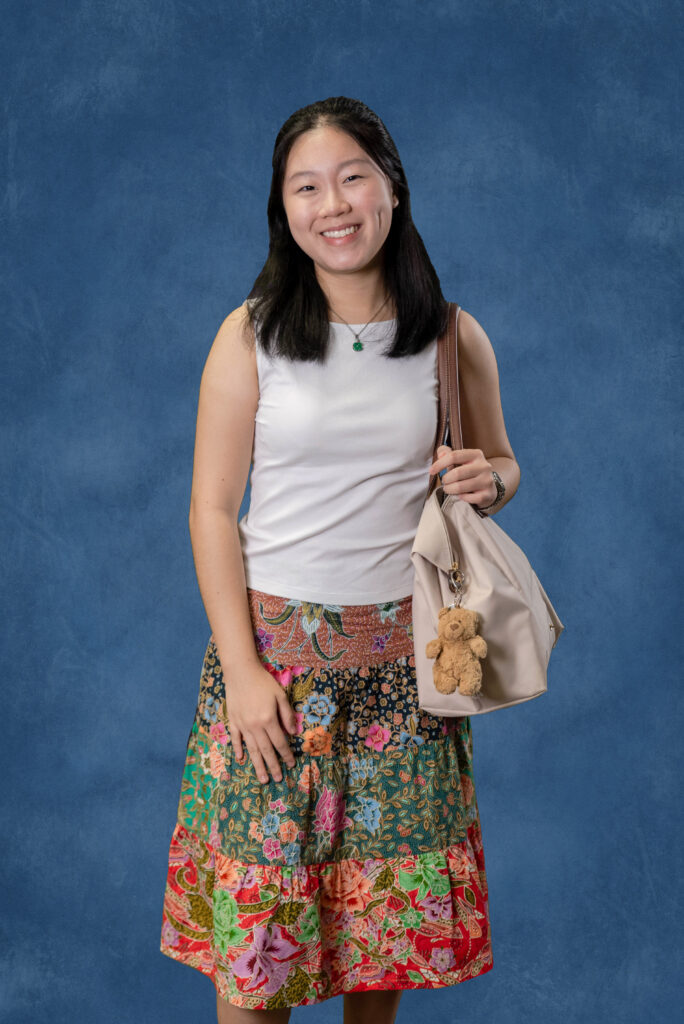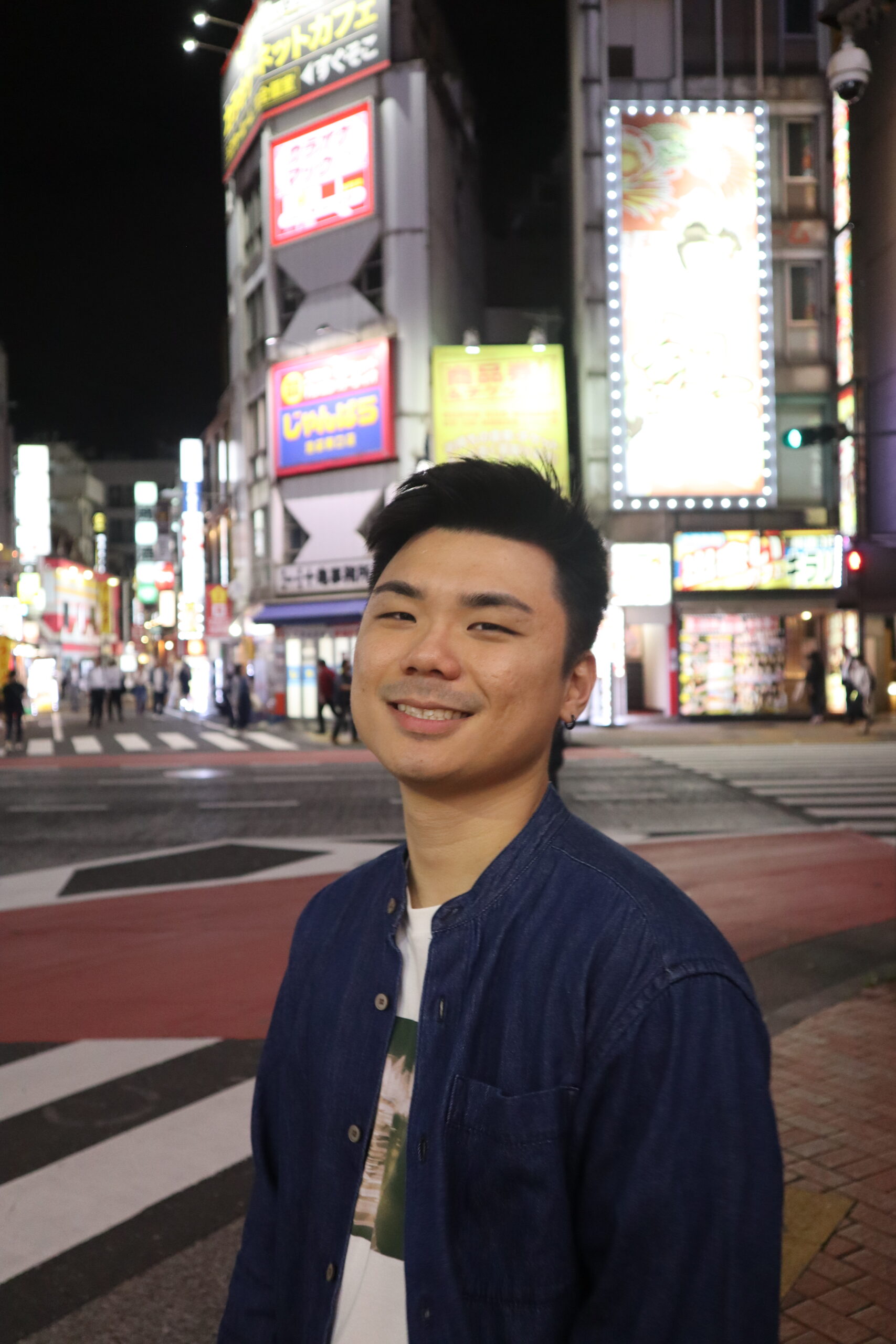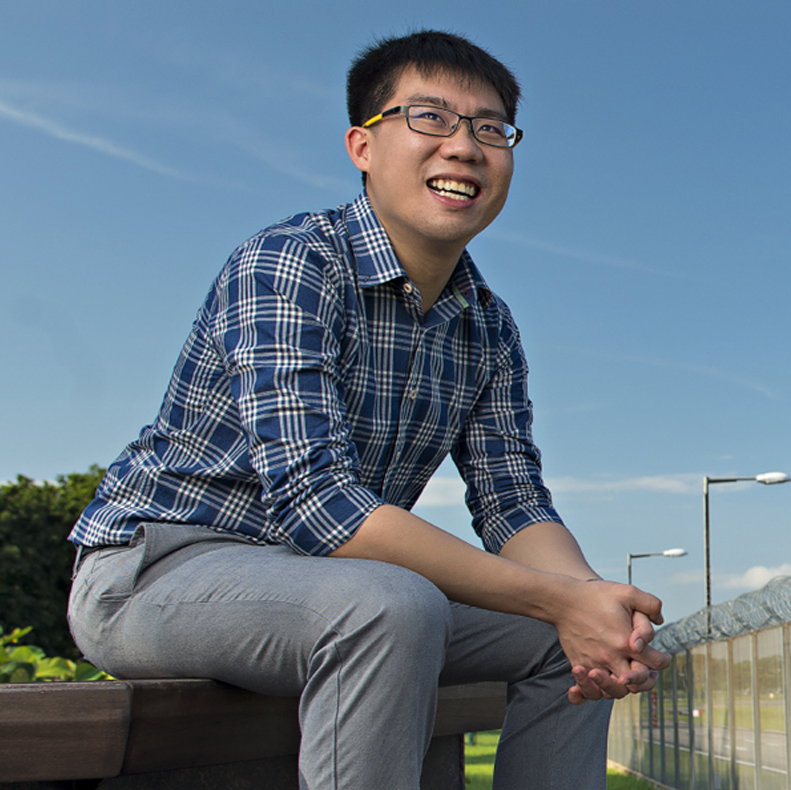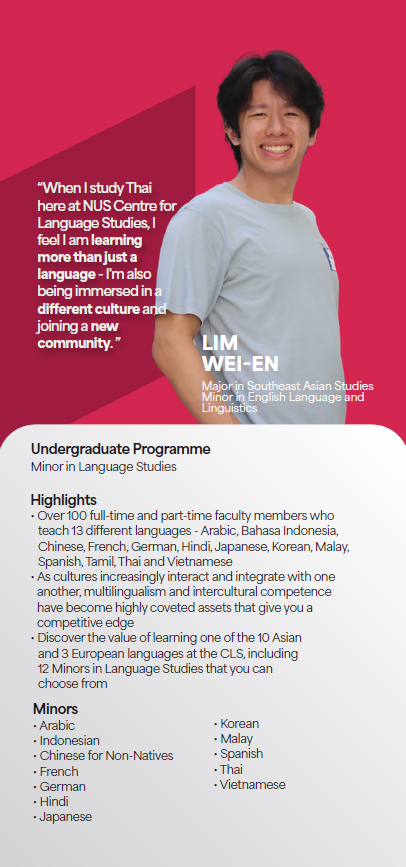Why Southeast Asian Studies?
Looking for something different during your time at university?
The Department of Southeast Asian Studies is ideal for those who want to add more colour to their undergraduate academic experience. Unconstrained by the demands of single subject disciplines, classes offered by the Department of Southeast Asian Studies focus on ensuring that students explore their interests in multidimensional ways. This can be done in two ways (if a student so desires):
1. Country-specific specialisations
Students in the Department of Southeast Asian Studies often begin their university journey by developing a specialisation in a Southeast Asian country. For instance, students interested in Thailand or Indonesia enroll in Thai or Indonesian language courses offered by the Centre For Language Studies (CLS). Simultaneously, they can explore the intricate world of Indonesian traditional music and dance, experiment with Thai drawing and painting, or explore Indonesia's complex political landscape.
2. Thematic or issue-based specialisations
Students often combine country-specific modules with thematic courses that offer deeper insights into key aspects of Southeast Asia, such as politics, religion, the arts, culture, and environmental issues. For instance, those interested in politics can study the region’s socio-political dynamics or examine the origins and consequences of wars and conflicts. Students passionate about the arts can delve into the performing and visual traditions of Southeast Asia through specialised courses. The region’s rich and diverse spiritual heritage is explored in religious studies offerings, while those concerned with environmental issues can engage with classes that examine the complex relationship between human societies and Southeast Asia’s natural environment.
The Department of Southeast Asian Studies is committed to a truly multi-disciplinary approach to learning. Students are encouraged to think critically and creatively about a global Southeast Asia. What sets our curriculum apart is its strong grounding in local contexts and the learning of Southeast Asian languages, ensuring that students not only engage with global theories but also understand how they play out in real-world Southeast Asian settings. With these skills under their belt, a world of exciting future opportunities opens up.

Curriculum
Single Major [B.A. (Hons)]
Pass at least 60 Units of SE and SE-recognised courses, which include:
- SE1101E The Lands Below the Winds: Southeast Asia in the World
- SE4101 Southeast Asia Studies: Theory and Practice
- a minimum of 12 Units of Southeast Asian language courses (i.e. Bahasa Indonesia, Malay, Thai or Vietnamese)
- a minimum of 36 Units at level-3000 or higher (excluding language courses (See Note 1)) with,
- a minimum of 20 Units at level-4000 or higher (including SE4101)
- a maximum of 2 level-5000 SE courses
- a maximum of 8 Units SE-recognised courses, of which 4 Units may be at level-4000 (excluding language courses)
Note 1: A maximum of one more level-3000 or level-4000 language course that has not been included in the 12 Units of the language course in point (4) above may be read subject to departmental approval.
Note 2: All the language requirements will normally be in only ONE language track, i.e., Bahasa Indonesia or Malay or Thai or Vietnamese. The language courses will be offered by the Centre for Language Studies. Under certain circumstances, students may be allowed to transfer to another SE language track. Please refer to the Policy on Reading SE Language Modules for more information.
Second Major
Pass at least 40 Units of SE and SE-recognised courses, which include:
- SE1101E The Lands Below the Winds: Southeast Asia in the World
- a minimum of 12 Units of Southeast Asian language courses (i.e. Bahasa Indonesia, Malay, Thai or Vietnamese)
- a minimum of 16 Units at level-3000 or higher (excluding language courses)
- a maximum of 8 Units SE-recognised courses (excluding language courses)
Note 1: Students are allowed to read level-4000 courses subject to departmental approval.
Note 2: All the language requirements will normally be in only ONE language track, i.e., Bahasa Indonesia or Malay or Thai or Vietnamese. The language courses will be offered by the Centre for Language Studies. Under certain circumstances, students may be allowed to transfer to another SE language track. Please refer to the Policy on Reading SE Language Modules for more information.
Minor
Pass at least 20 Units of SE, SE-recognised courses or SE-language courses, which include the following:
- SE1101E The Lands Below the Winds: Southeast Asia in the World
- A minimum of 8 Units of SE courses
- A maximum of 8 Units of SE language courses (i.e. Bahasa Indonesia, Malay, Thai or Vietnamese)
Minor in Southeast Asian Arts and Heritage
Pass at least 20 Units of courses or SE-language courses from a list of SE-coded arts and heritage related courses, including:
- A minimum of 16 Units of SE-coded arts and heritage related courses
- A maximum of 4 Units of recognized arts and heritage related courses from outside the Department of Southeast Asian Studies (SEAS)
List of SE-coded arts and heritage related courses
SE2214 - Beyond the Frame: Arts and Lives in Southeast Asia
SE2221 - Old and New Music in Southeast Asia
SE2224 - Unmasked! An Introduction to Traditional Dance in SEA
SE3210 - Studies in Southeast Asian Arts
SE3214 - Heritage and Heritagescapes in Southeast Asia
SE3221 - Traditional Music in a SE Asian Country
SE3224 - Thai Drawing and Painting
SE3233 - Martial Arts in Southeast Asia
List of recognized arts and heritage related courses from outside SEAS
AH2204 - Art in Southeast Asia, 4th-14th centuries CE
AH2203 - Empire and Art: India, Singapore, Malaya
AH3205 - Southeast Asian Art and Modernity
AH3206 - Islam and Modern and Contemporary Art in Southeast Asia
MS2218 - Malay-Islamic Cultural Encounters: Arts and Aesthetics
MS2220 - Arts and Artists in the Nusantara
MS2217 - Singapore’s Malay Built Heritage: Legacies of Diversity
GEN2000 - Living Culture: Engaging Indian Communities in Singapore
Job Ready
Graduates are employed in a wide variety of jobs in the private and public sectors. Our advantage is the familiarity with Southeast Asia, and in particular, an ability to communicate in a Southeast Asian language. Local and multinational corporations based in Singapore with interests in Southeast Asia find that our graduates function effectively in the region.
Our graduates build successful and exciting careers in statutory boards and government ministries, business and tourism, journalism and other media, teaching, research, academia, public relations, finance and market research, museums, cultural centres, arts festivals, arts councils, diplomatic work and international organisations (e.g. aid agencies, NGOs and philanthropic foundations).
Why CHS?
The College of Humanities and Sciences (CHS) is the enhanced undergraduate experience for students of the Faculty of Arts & Social Sciences (FASS) and the Faculty of Science (FOS) at the National University of Singapore.
Scale of Impact
Taps and builds on the research expertise of two of the largest and most established faculties in Singapore.
Deliberate Curriculum Curation
A distinct interdisciplinary approach that emphasises the ability to draw connections, discover links and connect insights across disciplines.
Unparalleled Flexibility
Offers greater choice and unparalleled flexibility to pursue breadth and depth from more than 1,000 modules per academic year.
Testimonials

Kassendra Lok
Southeast Asian Studies
Why major in Southeast Asian Studies?
I am deeply passionate and curious about the region's culture, history and nuances. I also feel a strong sense of connection to every Southeast Asian country that I visit. This prompted me to study this region in greater depth and to find ways in which I can contribute to the visibility of the area.
What has been your biggest takeaway from studying in FASS?
My lessons at FASS and interactions with students from various disciplines reshaped the way I see the world and think about the issues that we grapple with. This helps me approach problems from different perspectives and informs the solutions that I propose.
Sim Yang Siong Nagata
Content & Experience Executive, Kingsmen Creatives Ltd
Southeast Asian Studies '23
In my time in the NUS SEA Studies Department, I have learnt many things. I have learnt about the region’s cultural arts and its heritage, as well as the vices that run beneath its surface. I have learnt about its national, natural, and political landscapes, and the ways they interact with each other to produce the unique region we know today.
As diverse as these themes are, my time in SEA studies has made me realise the common character that links them all together: people. I have learnt to find the people in all things complicated, grand or static. I have learnt of the ways that people forge alliances to stand taller against their odds, and the ways that we construct systems and institutions to contain and control each other. Southeast Asian studies has made me listen closer to the stories that people tell, and the language learning programme has made sure that I can still listen regardless of how they choose to tell these stories.

Ooi Yong Ann
Business Continuity Management, A*STAR - Agency for Science, Technology and Research
Southeast Asian Studies '17
Given the technical nature of his work, it may come as a surprise to some that Yong Ann is a graduate from the Faculty of Arts and Social Sciences (FASS) at the National University of Singapore (NUS). Yet, he sees his university education as being invaluable for setting him up to thrive at his fast-paced workplace.
"There's no course that would have given me a degree in network planning. But my time at NUS pushed me in terms of critical thinking skills, language skills, understanding other cultures and working with people," he says.
In his mind, that was the beauty of FASS - the freedom to learn from different disciplines, glean a variety of perspectives and ultimately find his way back to the passions that really make him tick.

The Faculty of Arts and Social Sciences, National University of Singapore (NUS) is committed to environmental sustainability.
This e-brochure is part of our sustained effort to reduce waste and foster a culture of care for the environment among the NUS and broader community.


